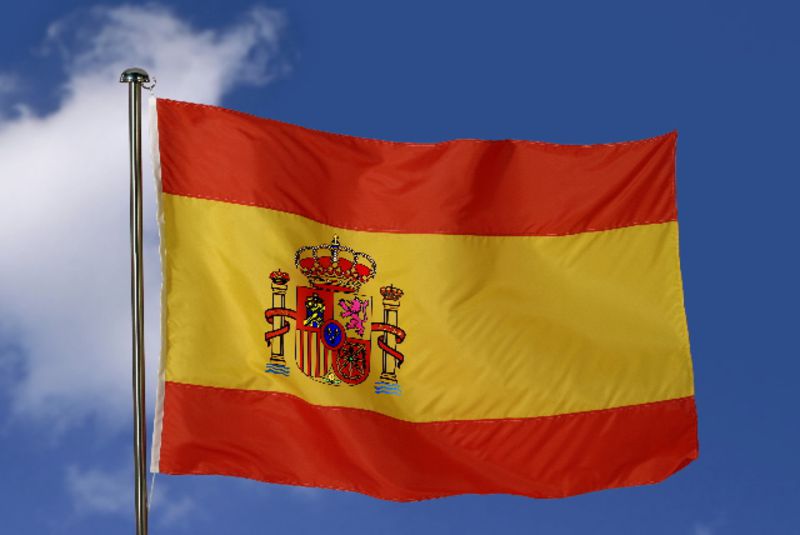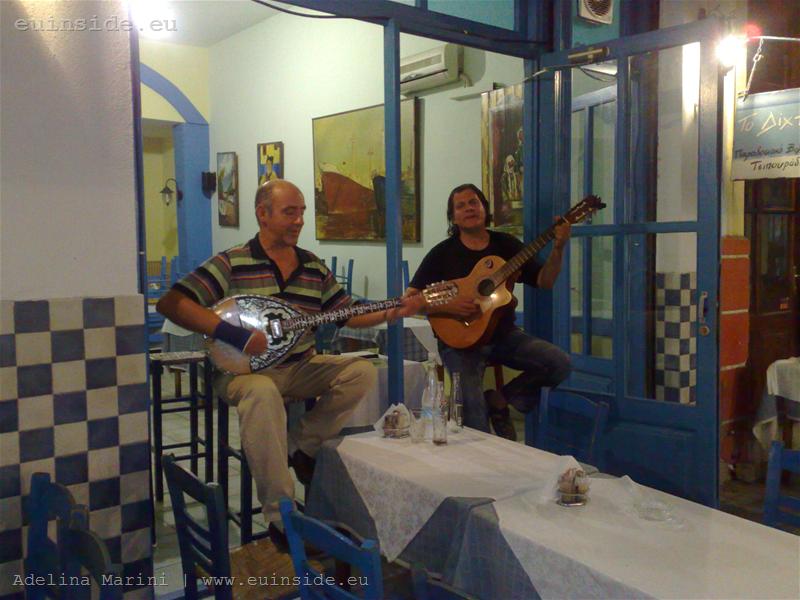Will there be a European solution to national problems?
Adelina Marini, March 25, 2010
 A lot of problems the EU leaders will have to decide in Brussels on Thursday and Friday at their regular spring European Council. Mainly because of Greece but also because of post-crisis perspectives, a major issue will be the new economic strategy of the European Commission Europe 2020. The rescue of Greece will also be a main topic at the summit. The new document-successor of the Lisbon Strategy for Growth and Jobs, had to be discussed by the European heads of state and government in the beginning of February at their informal European Council, chaired for the first time by the new European Council president Herman van Rompuy. But because of the crisis with Greece, this issue was put aside then.
A lot of problems the EU leaders will have to decide in Brussels on Thursday and Friday at their regular spring European Council. Mainly because of Greece but also because of post-crisis perspectives, a major issue will be the new economic strategy of the European Commission Europe 2020. The rescue of Greece will also be a main topic at the summit. The new document-successor of the Lisbon Strategy for Growth and Jobs, had to be discussed by the European heads of state and government in the beginning of February at their informal European Council, chaired for the first time by the new European Council president Herman van Rompuy. But because of the crisis with Greece, this issue was put aside then.
In his letter of invitation, the president of the European Council Herman van Rompuy proposes to the EU leaders to focus on the pressing challenge of competitiveness and balance of payments developments. According to Van Rompuy, while budgetary developments have been monitored under the Stability and Growth Pact, insufficient attention has been given to divergences in competitiveness within the EU economies and externally. This is not only relevant for euro area member states, but for the EU as a whole, given the depth of economic integration within
the single market, Mr Van Rompuy further explains.
This is why he is expecting the leaders of the Union to prepare answers to the following questions: should these issues be fully taken into account in policy making at national level? And also - should budgetary surveillance framework be complemented with a monitoring of competitiveness developments, on the basis of a simple set of indicators, allowing for an early detection of possible divergences.
The problem with competitiveness is a major one not only in the euro area but in the EU as a whole. A problem, analysts had paid serious attention to for a long time, but since economic policies are mainly national responsibility, systematically ignored, though. According to the European president, there is a need for policy action, particularly in member states showing persistently large current account deficits. Until the beginning of last year Bulgaria was one of those countries. Another problem which requires attention is large competitiveness loss which prevents countries from exiting the crisis quickly and permanently.
At its meeting today the Bulgarian government was expected to discuss  Bulgaria's position for the European Council. According to the government information service, this point in the agenda was not discussed. Because of the short time the prime minister had after he returned from a trip to Kuwait, we could not find out what position Bulgaria would defend at the Council on the above issues. And regarding the Europe 2020 strategy, the governmental European Affairs Council on Monday approved the Bulgarian position which supports territorial cohesion and the definition of national targets.
Bulgaria's position for the European Council. According to the government information service, this point in the agenda was not discussed. Because of the short time the prime minister had after he returned from a trip to Kuwait, we could not find out what position Bulgaria would defend at the Council on the above issues. And regarding the Europe 2020 strategy, the governmental European Affairs Council on Monday approved the Bulgarian position which supports territorial cohesion and the definition of national targets.
In the mean time, the German chancellor Angela Merkel explained in the Bundestag before her trip to Brussels, that she intended to call on her European colleagues to agree Greece to get help from the International Monetary Fund and other EU member states but only as a last resort. She reiterated her position that a new mechanism must be found to allow members, which do not comply with rules, to be neutralized in such a way that would not impact on the rest.
On Friday, the European Council will deal with the post-Copenhagen negotiating process. According to Mr Van Rompuy, EU leaders will have to reach an agreement on a more step-by-step approach, in order to help the negotiation process get back on track.
It is also expected the leaders to discuss the proposal for the creation of the European External Actions Service (EEAS), presented by the High Representative for Foreign Affairs baroness Ashton earlier today. She had to present it at the Foreign Affairs Council on Monday, but this did not happen.
 | © European Commission- Audiovisual Service
| © European Commission- Audiovisual Service | © Eropean Commisson-Audiovisual Service
| © Eropean Commisson-Audiovisual Service | © euinside
| © euinside